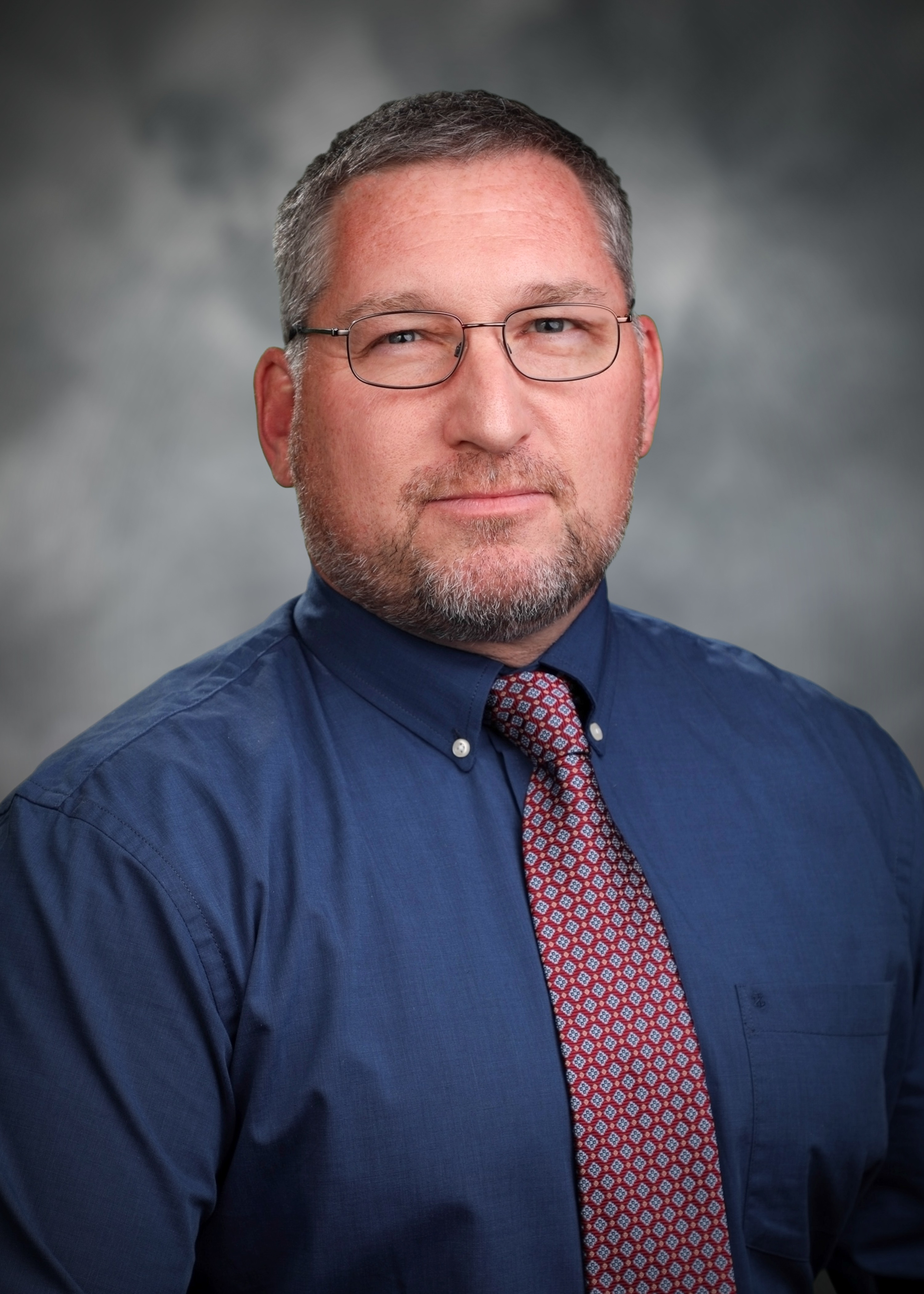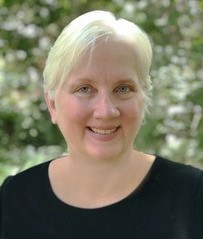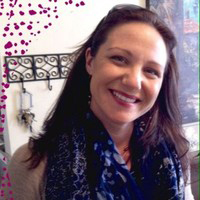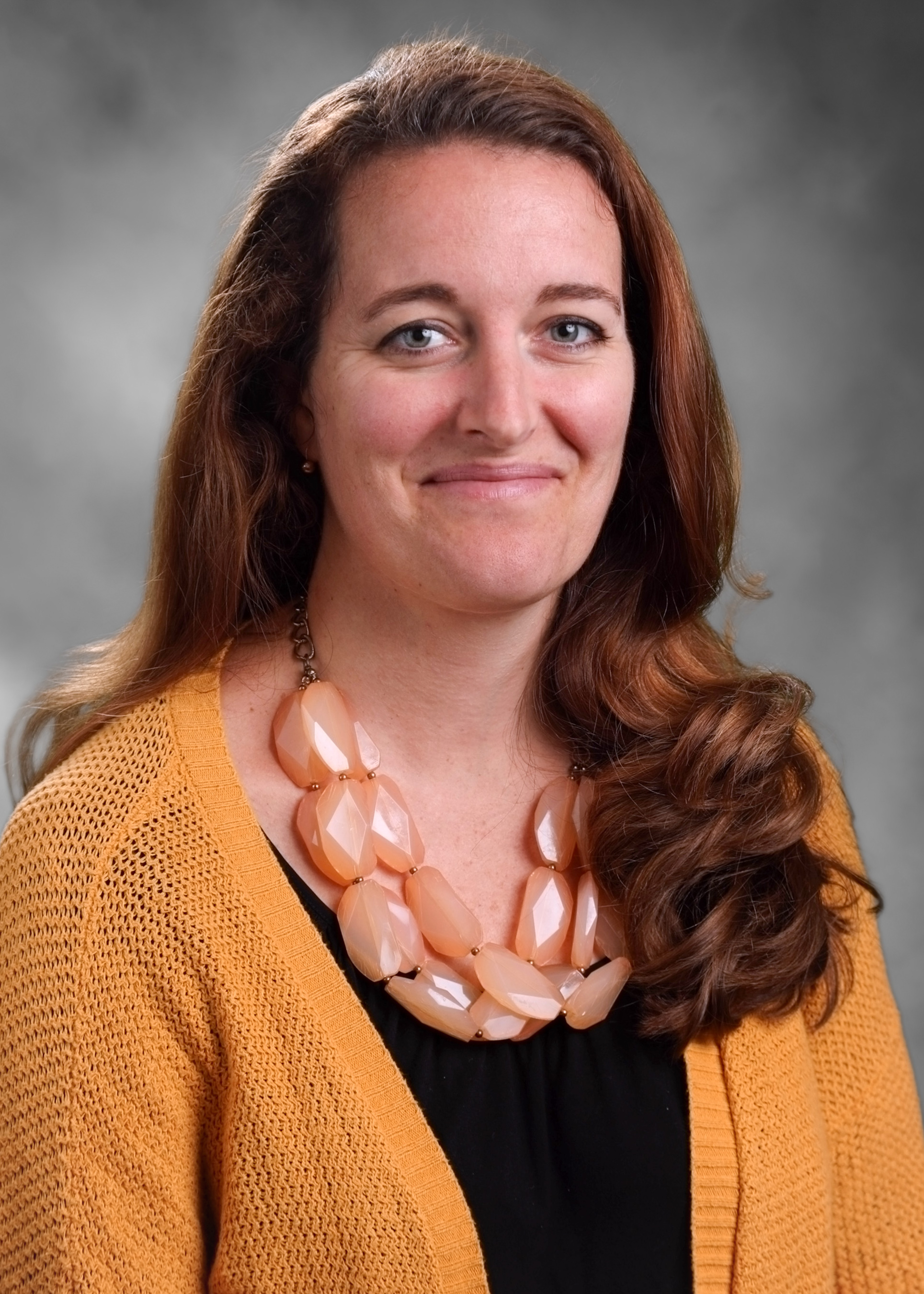Special Funding and Partnership Expands Psychiatric Mental Health Care to Underserved Communities Across the U.S.
The Advanced Nursing Education Workforce (ANEW) grant and Cohen Veterans Network, Inc. partnership provides support that expands the psychiatric mental health workforce.

The Duke University School of Nursing Psychiatric Mental Health Nurse Practitioner (PMHNP) program, received an Advanced Nursing Education Workforce (ANEW) Grant, which is supported by the United States Health Resources & Services Administration (HRSA). The funding provides tuition support for students enrolled in the PMHNP program who will practice in underserved areas across the country.
The funding stems from a partnership the School of Nursing formed in July 2019 with the Cohen Veterans Network, a national, not-for-profit, philanthropic network of mental health clinics for post-9/11 veterans and their families.
“It is our mission to prepare PMHNPs to enter the workforce. It is our passion to train PMHNPs to support vulnerable and underserved populations,” said Sean Convoy, DNP, PMHNP-BC, assistant professor and PMHNP lead faculty. “The majority of the HRSA funds translate to tuition offsets up to $24,000. This scholarship can reduce the financial burden on students entering the workforce, which can create an opportunity for them to consider employment in support of traditionally underserved populations.”
When the program ends this year, the School of Nursing will have approximately 50 to 60 PMHNP graduates entering the profession able to cater to those most in need. More than one graduate has since signed on to work within the Cohen Veteran Network system.
Cohen Veteran Network employs a franchise practice model that leverages established mental health clinics in niche areas to fill gaps in veteran care across the nation. Examples of this include Tacoma, Washington, Jacksonville and Fayetteville, North Carolina, San Antonio, and Anchorage, Alaska. A disproportionately high number of veterans struggle with trauma-and-stressor-related, depressive, and substance-use disorders. These mental health conditions superimposed upon traumatic brain injury and chronic pain contribute to profound functional impairment and an increased risk for suicide.
“I didn’t grow up in a military family, so it was interesting working with this population,” said Jodene Jensen, recipient of an ANEW scholarship and participant in the Anchorage preceptorship in 2021-22. “People there are concerned about having certain mental health conditions impact their status in the military and may not be as forthcoming. There’s definitely a different personal presentation than civilians, so as providers, we have to be adaptable to get them the care they deserve.”
The Cohen clinic in Anchorage is affiliated with the nonprofit Alaska Behavioral Health (AKBH), and AKBH’s chief nursing officer, Dr. Jessica Estes serves as supervising preceptor, certifying PMHNP students with the Alaska Board of Nursing. When not at the Cohen clinic, students gain experience in AKBH community clinics, at a residential treatment center, providing telehealth services with clinics in Fairbanks, and on the ACT, or Assertive Community Treatment Team.
“Dr. Estes has a good philosophy. She’s set on building skills, helping us apply knowledge proficiently in a safe place, with supervision and feedback,” said Jessica Swartz, who was on preceptorship in Anchorage at the time of the interview.
“The Cohen clinic is active health care for veterans and their families. At community health, I see a wider variety and a higher acuity of mental illness. At mental health residences, I work with onsite nurse practitioners to provide more treatment that is intensive, establish medication regiments and build coping skills so that patients can live independently. On the ACT Team, we serve patients that will never make it to a clinic, meeting them in a parking lot, a motel room, the streets or a halfway home. It’s an eye-opening and humbling experience.”
PMHNPs must be trained to safely and effectively diagnose and treat mental health disorders across both the lifespan and continuum of care. “The next generation of PMHNPs must also be trained to leverage mental health promotion and mental illness prevention services as well,” said Convoy. “Clinical experiences like what is being offered by Cohen represent unique opportunities to practice under less-than-ideal circumstances. Opportunities like this will transform the way they think and subsequently work.”
Both Jensen and Swartz chose the Anchorage site for its immersion and intensity.
“I have had another clinical placement at a VA hospital,” said Swartz. “But it didn’t afford me the experience, autonomy, and clinical decision-making skills I needed. It was a sheltered experience. You see only very stable patients. They have things going on, but they are functioning well, they have jobs, and so on. This grant program broadens my horizons and perspective so much more. I see the suffering people are going through when mental illness is not managed well or when they succumb to drug abuse or when stability is not provided. It would be very shocking as a new graduate to go from really stable patients to what I see here.”
“For me, the cases that were most influential tended to be ones at the opposite ends of the spectrum,” said Jensen. “For example, there were high-functioning people who were really struggling so much. It was not obvious until I got to know them and recognize the pain they were suffering. I wondered how someone could seem so outwardly fine but was not fine at all. Then, I liked working with extremely sick people, those with psychosis. I had never seen this before.”
Students also encountered economically vulnerable populations through their work on the ACT Team.
“Some patients can’t afford care. They have to make a decision between paying for groceries or treatment,” Convoy said. “How can you provide a simpler and more cost-effective solution to help address needs?”
“We have one woman who lives in an inn,” said Swartz. “We help make sure she takes the medications to control the delusions that she has. She is safe. She doesn’t harm herself or others. She is able, for example, to go to the store and buy what she needs and live safely at the inn. The ACT Team goes to where the patient is located to provide the stability they need when they need it.”
“I liked that environment,” said Jensen. “It’s satisfying to provide support and see patients retain some autonomy, some agency over their own lives, and not have to be in a facility.”
Just as valuable as the experiences ANEW has provided is the caliber of students the PMHNP Program attracts and has propelled forward on those experiences. Jensen’s interest in mental health started while she was working as an electrical engineer at 3M and took night psychology classes at the University of Minnesota–Minneapolis. She will finish her doctor of nursing practice program in 2023.
“With the ANEW scholarship,” said Jensen, “I wanted to serve all my hours with the vulnerable.” After Anchorage, she went on to work at CREW Community Health, a non-profit serving the LGBTQ+ community in Orlando, Florida, with a focus on HIV care, as well as at Central Florida Behavioral Hospital, providing psychiatric inpatient care.
“I was in the military, and one of the most neglected areas is mental health,” said Swartz, who will complete the program in 2023. She had been with the Army as an Arabic linguist in Iraq and in civil affairs in Tajikistan. “While you are in, you bear with it, you have coping mechanisms, but it catches up with you, and you break down when you get out. I always knew I wanted to care for those in active service, veterans and veterans’ families.”
An important component of the funding and partnership has been to build infrastructure and offset administrative costs for Cohen. “We have to work toward building a sustainable practicum program,” said Convoy. “Can we sustain this after the grant is done? Will the program continue to be supported by the relationship that we have built?”
As of August 2022, two other participants in ANEW, Kelly Corwith (2021), Tacoma site, and Katie Robins (2022), Anchorage site, have returned to work as direct hires with the grant partner, thus fulfilling a key ANEW grant objective. It is proof that a sustainable partnership with Cohen is coalescing and that the HRSA investment is coming full circle.
“When I entered the program, I intended on expanding my women’s health practice to maintain my primary focus on perinatal substance use and mood disorders,” said Robins, who has been in health care for 20 years. “I never imagined that I would transition from attending births in a fairly privileged setting in Oregon to become passionate about working with people with severe and persistent mental illness. But after seeing how clients would open up when the team at AKBH engaged with them as real people, I knew that this is where I wanted to practice.”
Convoy is assisted in the administration of ANEW by Mary Barzee, who as grant manager deals with the many clearly defined rules about how the money is spent and data is returned to HRSA, and eventually Congress, closing the loop on the value of the investment.



